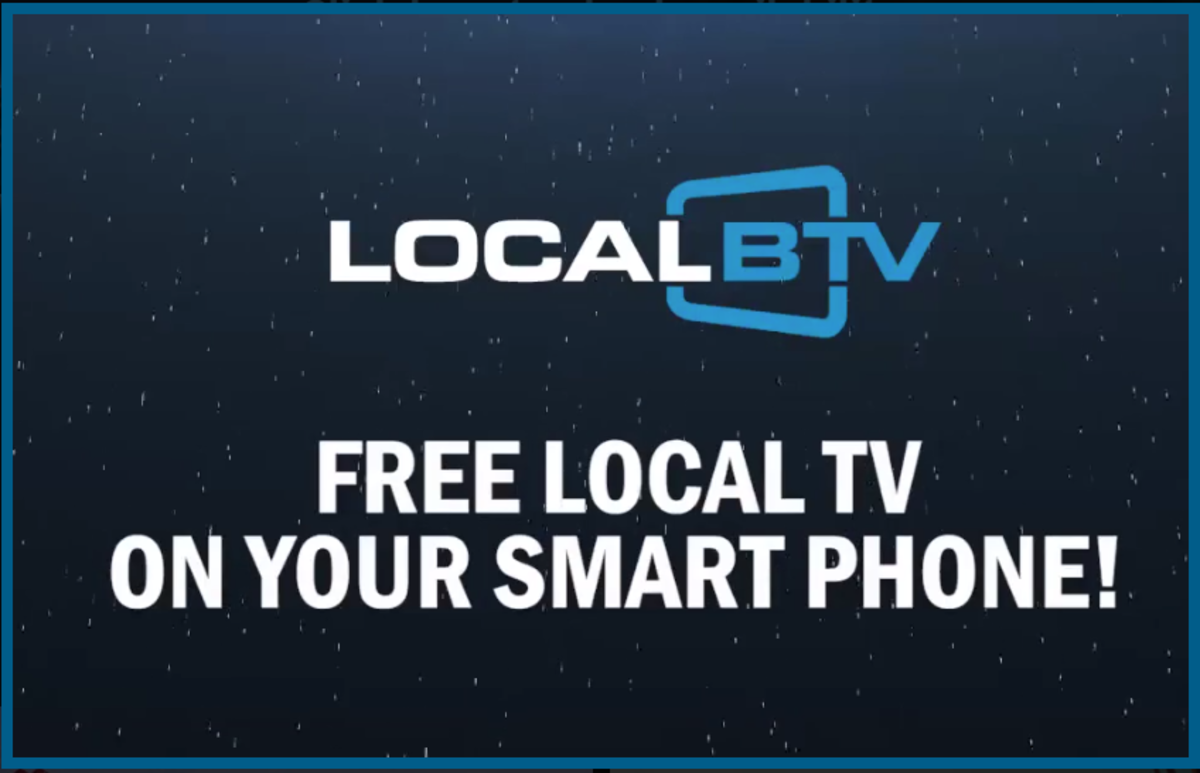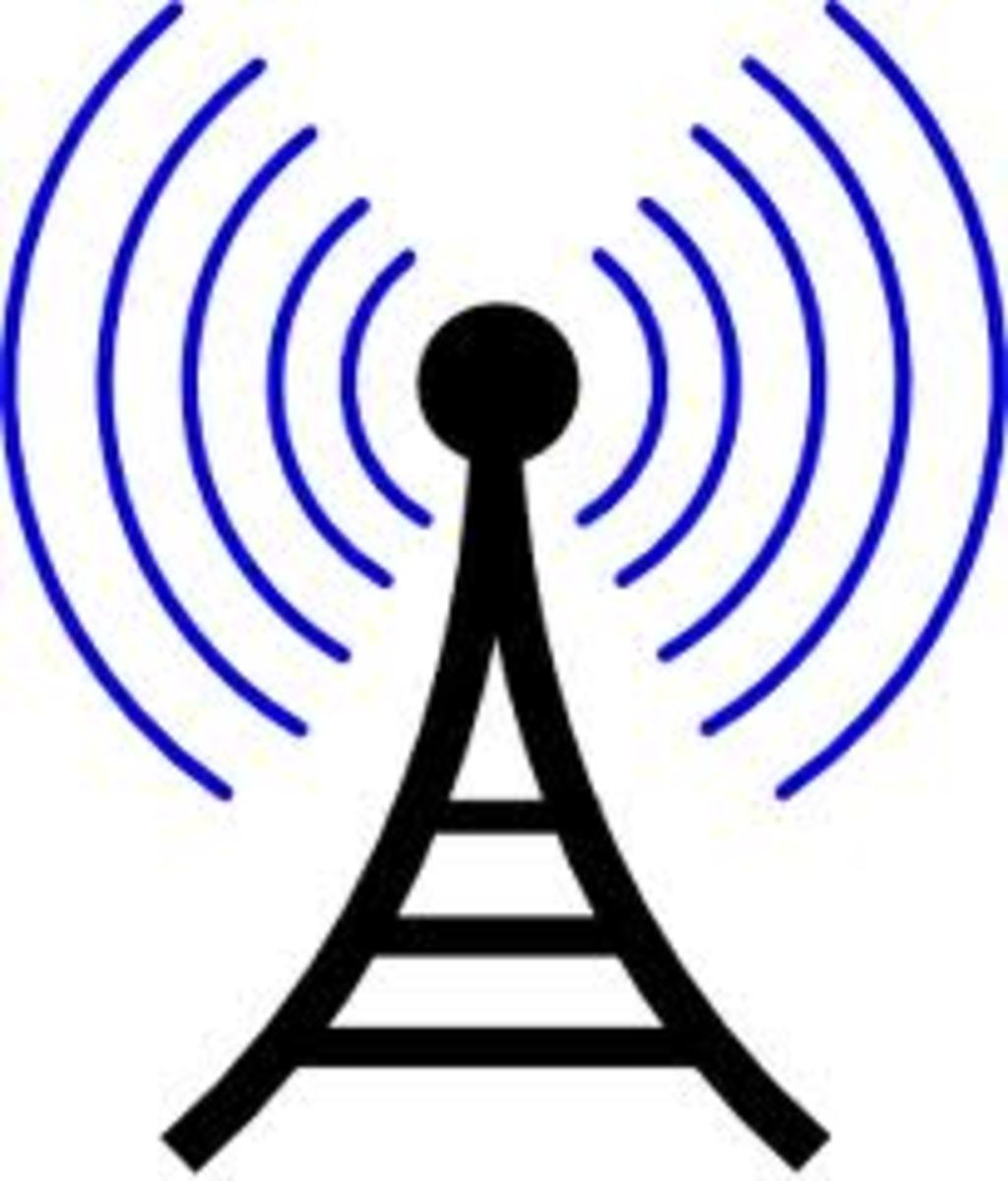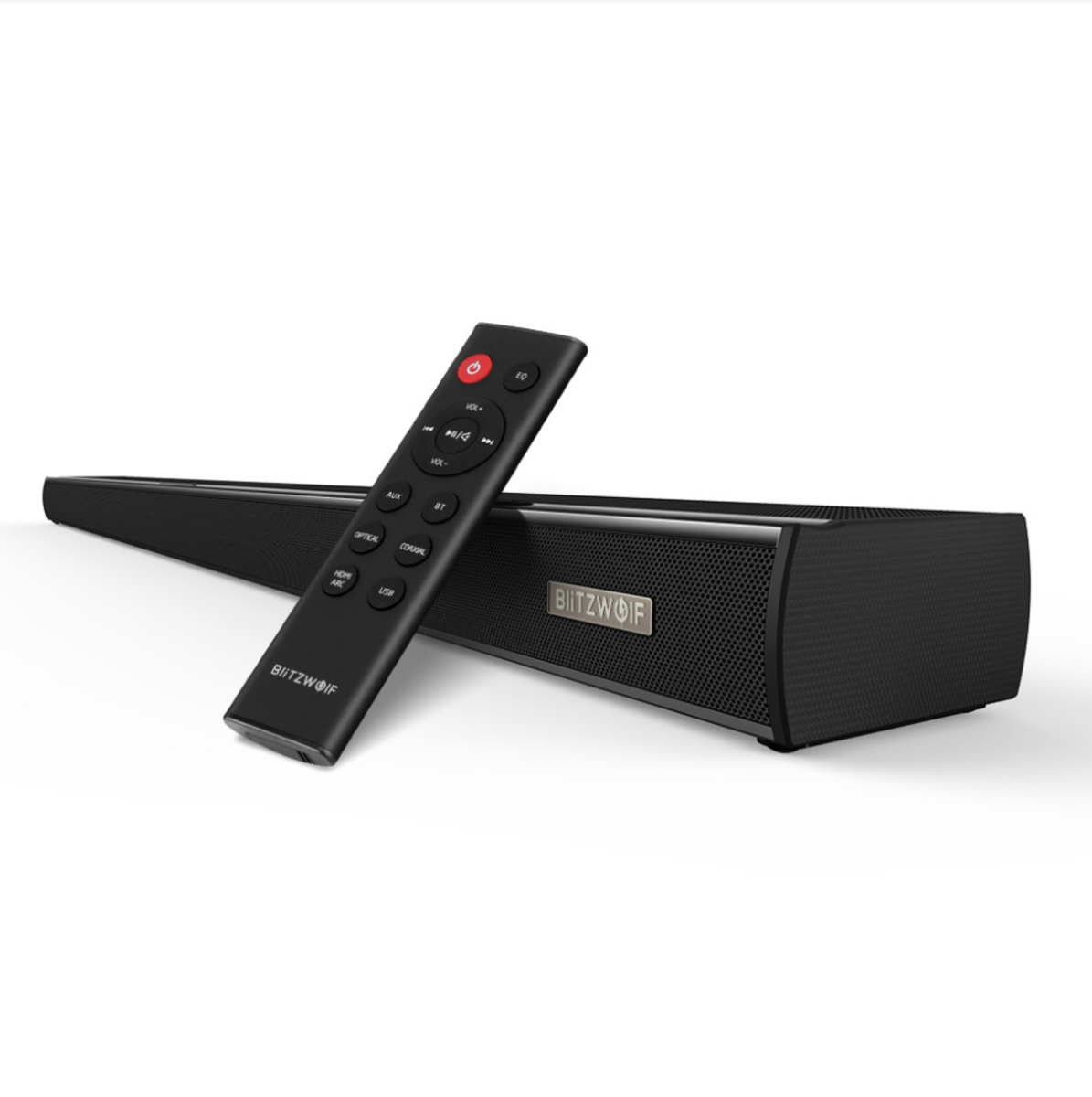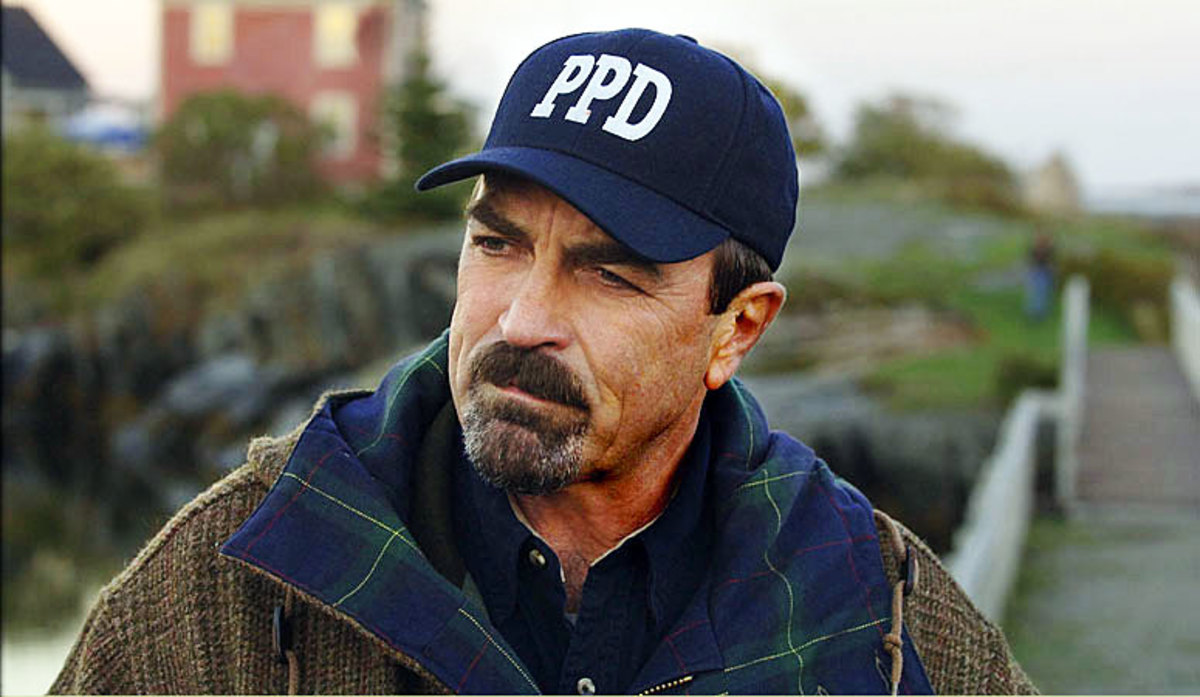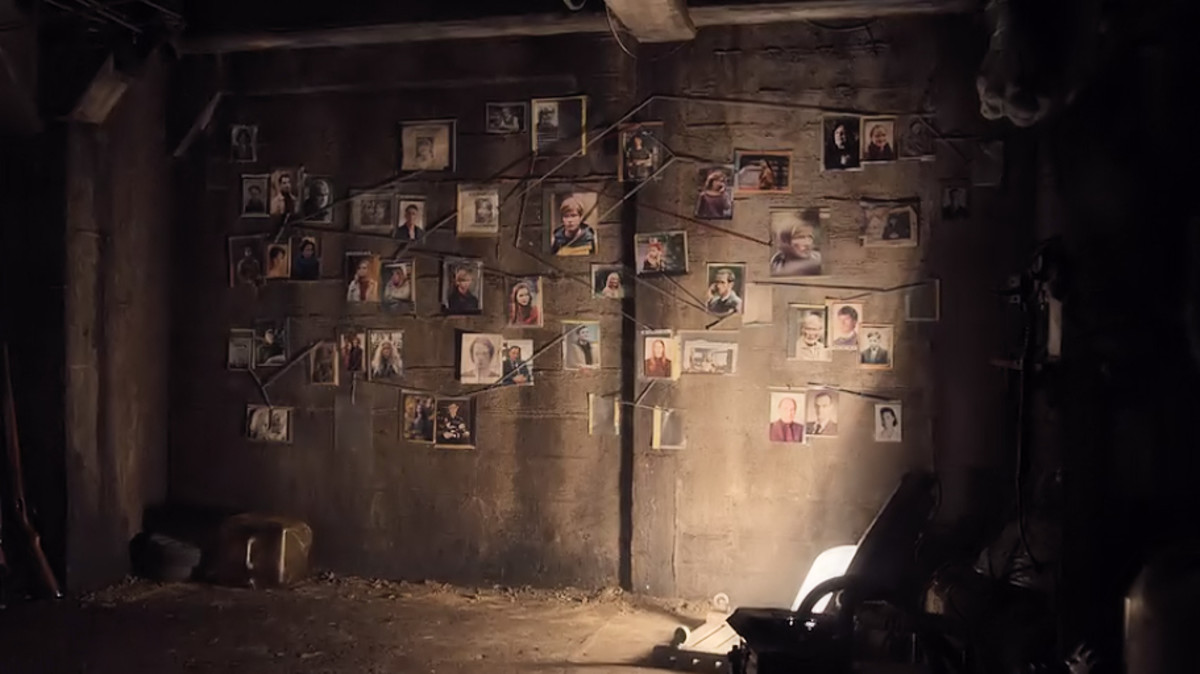Public Access Television - REAL Reality TV!
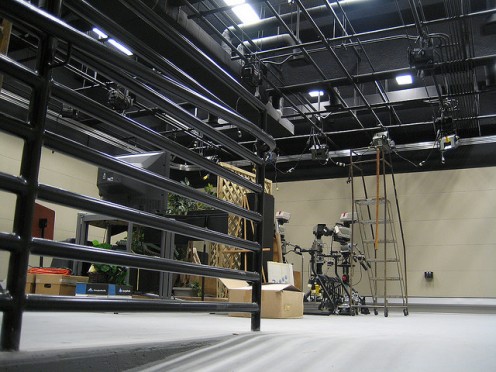
Television For the People
Are you tired of the same old biased opinions on the major television networks?
Do you have fresh ideas?
Would you like to start a grass-roots movement to make positive changes to the community?
Have you ever wanted to have your own television show? Maybe a cooking show, sewing show, painting show, talent show? Maybe you're an activist who has a cause to promote.
If so, it can be yours for the asking in the form of public access television. Public access television is cable television by and for the people and is typically only seen in the local cable viewing area, although various productions can be seen online as streaming video or can be "bicycled" out to other public access stations around the country.
Public access television began in the 1970s in the United States. Cable companies negotiated a franchise with local governments to build a cable system and provide services to the community. The cable company hung cables down the streets and alleys to subscribers homes. In exchange for using the public right of ways, cable companies paid the government franchise fees as form of rent. Often public access channels and facilities were part of the franchise agreement so the community would have a voice on cable TV. Access is supported by the franchise fees.
Note that public access stations are NOT public broadcasting stations (PBS), which are funded by the government and private donations. Public access television is often grouped with public, educational and government access television channels and uses the acronym PEG.
I have to admit that until a few years ago I knew nothing about public access. For years I'd seen public access channels while channel surfing, and they always seem to have weird programming on them, but I didn't give them much thought.
Then my wife met someone who was running camera on an event she was attending and she asked what channel it was going to be shown on. It turned out to be the local public access channel in Fort Wayne, Indiana. The cameraman said that she, too, could become involved in doing camera or audio work, and even produce her own show, complete with free training!
For about six months she started doing camera on various productions at Access Fort Wayne. Admittedly, some programs could be considered "out there," but there were also some very well-done programs.
It was about that time I decided to get involved as well. I trained to be a studio camera operator, as well as a remote camera operator and audio technician.
Then, at the suggestion of one of the staffers, my wife decided to start her own show, called Patty's Page - representing a page out of life. She has had a wide variety of guests in the 8 years she's been producing and hosting her show, from local musicians to politicians, to celebrities like actress Patty Duke, Tony Dow, Jerry Mathers, Maureen McGovern, Bobby Hart of Boyce and Hart songwriting team, and Billy Hinsche of the 60s rock group Dino, Desi and Billy.
There are many other talented people doing shows there, from excellent cooking shows to documentaries by national award-winning film makers like Fort Wayne's own Terry Doran. Yes, if you'd like to make a documentary on a topic of interest to you and others, you can do that, and public access stations often provide the editing tools - free of charge - to put together a well-produced program.
Public access television has been under attack, however, over the years, and is in great danger of collapse. Cable companies themselves often do not like the idea of carrying public access stations. Many stations have shut down or been severely restricted due to lack of funding and good operating equipment. Sometimes criticism is due to copyright infringements - people doing shows who haven't obtained permission to use music or video clips from other shows. Sometimes the attacks come from government officials, or public interest groups who, perhaps, don't like the viewpoints being expressed and want to suppress freedom of speech.
However, YOU can help change this situation by contacting your cable operators and government representatives and telling them that it's time the airwaves came under the control of the general public, not public interest groups, not the cable companies, not the networks that feed you only the information they want you to hear.
If you would like to keep up with what is happening with PEG stations, the Alliance for Community Media is the official representative for these stations. According to their website, the purpose is to provide
"critical support services for community media centers and for the primarily volunteer staff that keep these electronic outposts of democracy in operation. The Alliance’s activities in providing technical assistance, grassroots organizing and opportunities to share experience promote the broader goals of supporting our nation’s communities and families and promoting effective communication through community use of media.
"The Alliance’s public policy program is dedicated to promoting legislation and regulation which supports PEG access. To achieve this, the Alliance works with Congress, state legislatures, the Federal Communications Commission, state public utilities commissions, and coalition partners and brings suits when necessary in courts around the country."
Lack of public support has been a big factor as well in the decline of public access. I think a lot of this is due to a lack of knowledge of the potential good public access television can do. Many in the recognized network media don't consider public access to be REAL television. On the contrary, if you see the biases in the news media, and the trashy programs that are on prime time these days, public access television could be the only REAL television with REAL non-celebrities who live and care about YOUR community. You can help reverse this decline in public access by becoming involved in producing public access shows yourself, demonstrating that there is a demand for a station where the citizens of a community can produce their own programming. See if there is a public access station in your community and, if so, get involved. It's actually fun!!
(My thanks to Norm Compton, Manager of Access Fort Wayne, for his valuable input for this article)



